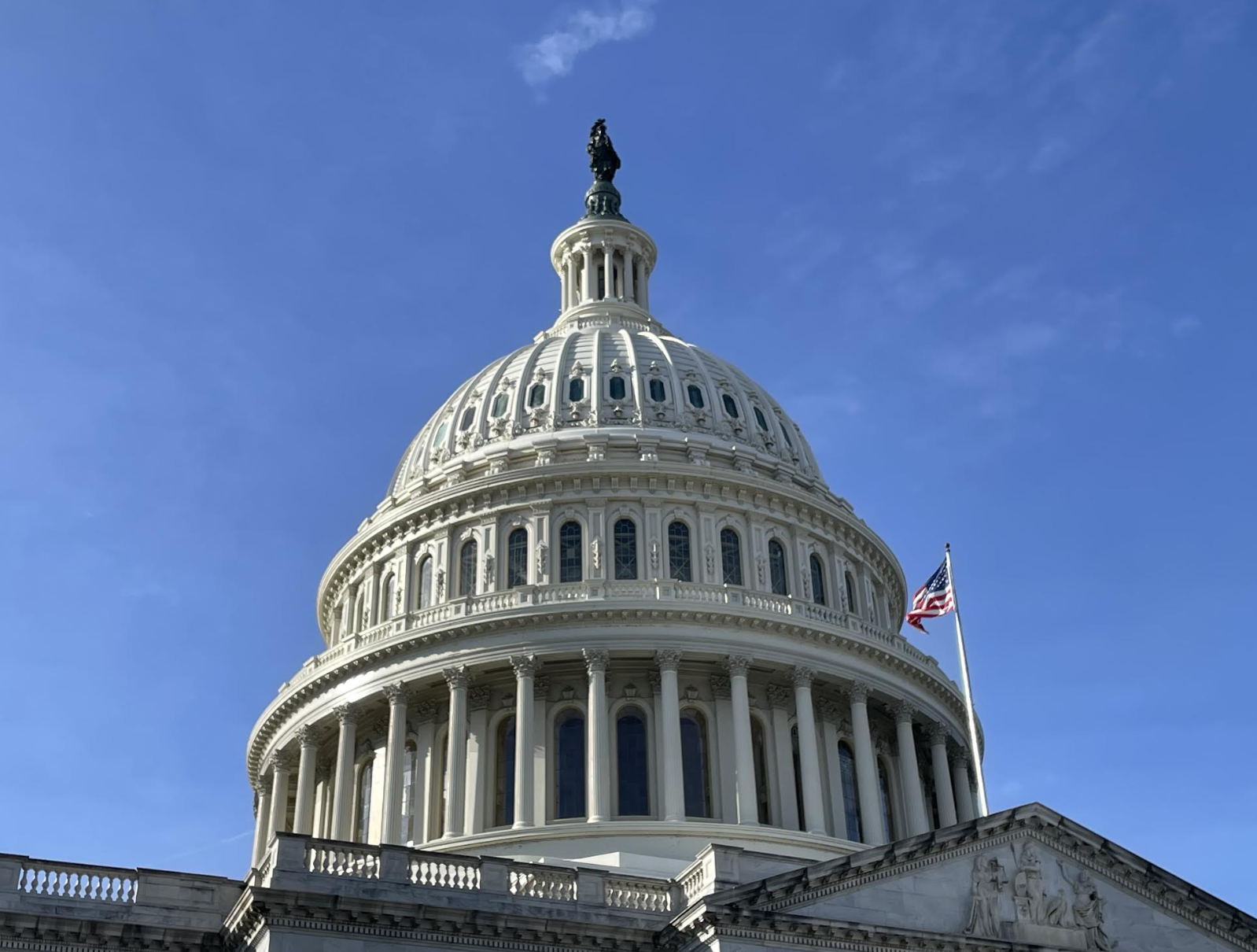
- Details
- By Kevin J. Allis
Guest Opinion. The name “One Beautiful Bill” might sound harmless, charming, even, but for Indian Country, its passage would be nothing short of a policy earthquake. Behind the rhetoric of fiscal responsibility and government streamlining lies a sweeping assault on the foundational programs that uphold tribal sovereignty, self-determination, and the bare minimum of equitable federal support that Native Nations have fought to establish over generations.
Modeled on recent proposals that promote anti-DEI (Diversity, Equity, Inclusion) measures, budget austerity, and bureaucratic consolidation, this bill threatens to gut critical federal programs that support Native communities. It is a direct challenge to the federal trust and treaty obligations owed to tribes, a responsibility that predates the founding of the United States and has been reaffirmed repeatedly in federal law.
The Bureau of Indian Affairs (BIA) and Bureau of Indian Education (BIE), already chronically underfunded, are squarely in the crosshairs. The bill targets Tribal Priority Allocations (TPA), flexible funding used for core government services like law enforcement, social services, and road maintenance. The Housing Improvement Program (HIP), which assists Native families in dire housing need, is viewed as duplicative and dispensable. BIE programs for early childhood education and tribal colleges, which struggle under current funding levels, could be further diminished or eliminated altogether.
The assault extends far beyond the Department of the Interior. The Indian Health Service (IHS), the most direct manifestation of the federal trust responsibility in healthcare, faces cuts to vital services like Purchased/Referred Care, the Community Health Aide Program, and urban Indian health initiatives. Worse still, advance appropriations that protect IHS from government shutdowns could be reversed, once again jeopardizing lives with every budget crisis.
The bill’s impact on tribal housing and economic self-sufficiency would be devastating. It threatens the elimination or downsizing of the Indian Housing Block Grant (IHBG) and the Indian Community Development Block Grant (ICDBG), cornerstones of housing infrastructure across Native communities. Programs that support Native entrepreneurship through the SBA 8(a) program and the Office of Indian Economic Development could be slashed or rationalized out of existence.
Education, language revitalization, and cultural preservation efforts face a similar fate. The Office of Indian Education and its work funding tribal education departments and Native language programs could be framed as “non-core” and eliminated. Food security programs like the Food Distribution Program on Indian Reservations (FDPIR), critical to many rural and remote tribal communities, are also at risk, dismissed as duplicative of SNAP without any understanding of their unique implementation in Indian Country.
Environmental protections, transportation equity, justice programs, and the very infrastructure for federal-tribal financial relations, every one of these areas would suffer under “One Beautiful Bill.” The Department of Justice’s tribal set-asides, tribal transportation funding formulas, EPA’s General Assistance Program, and even the Treasury’s Tribal Office and ARPA oversight functions are all on the chopping block. These aren’t luxuries, they’re necessities for self-governance, public health, and environmental and cultural survival.
The common thread among targeted programs is telling: they are discretionary, equity-based, and uniquely tribal. They are not “wasteful government spending”, they are the instruments through which tribal governments serve their citizens and exercise the rights promised to them by treaty and law.
Make no mistake: if passed, this bill would not just cut programs, it would unravel the framework of modern tribal self-determination, a framework built over the past 50 years with bipartisan support. It would erase decades of hard-won progress with the stroke of a pen, pushing Indian Country back into the era of dependency and neglect.
For those who believe in tribal sovereignty, treaty rights, and a government that honors its word, this bill must be a wake-up call. Tribal leaders, allies, and advocates must stand united, raise their voices, and demand that Congress reject any proposal that treats Native communities as expendable line items on a budget spreadsheet.
There is nothing beautiful about a bill that balances its ambitions on the backs of the most historically underserved communities in America. Let’s call it what it is: a betrayal.
Kevin Allis (Forest County Potawatomi Community) is the founder and President of Thunderbird Strategic, LLC, a Washington, DC-based Government Relations and Communications firm that specializes in advocacy and campaigns for American Indian and Alaska Native Tribal Nations and community based organizations. He previsously served as CEO of the National Congress of American Indians and the Executive Director at the Native American Contractors Association.
More Stories Like This
Native News Online at 15: Humble Beginnings, Unwavering MissionFrom the Grassroots Up, We Are Strengthening the Cherokee Nation
Friday the 13th: When Superstition Proves More Powerful Than Law
Congress Must Impose Guardrails on Out-of-Control ICE
Housing and Support Services: The Key to Restoring Justice
Help us defend tribal sovereignty.
At Native News Online, our mission is rooted in telling the stories that strengthen sovereignty and uplift Indigenous voices — not just at year’s end, but every single day.
Because of your generosity last year, we were able to keep our reporters on the ground in tribal communities, at national gatherings and in the halls of Congress — covering the issues that matter most to Indian Country: sovereignty, culture, education, health and economic opportunity.
That support sustained us through a tough year in 2025. Now, as we look to the year ahead, we need your help right now to ensure warrior journalism remains strong — reporting that defends tribal sovereignty, amplifies Native truth, and holds power accountable.
 The stakes couldn't be higher. Your support keeps Native voices heard, Native stories told and Native sovereignty defended.
The stakes couldn't be higher. Your support keeps Native voices heard, Native stories told and Native sovereignty defended.
Stand with Warrior Journalism today.
Levi Rickert (Potawatomi), Editor & Publisher

